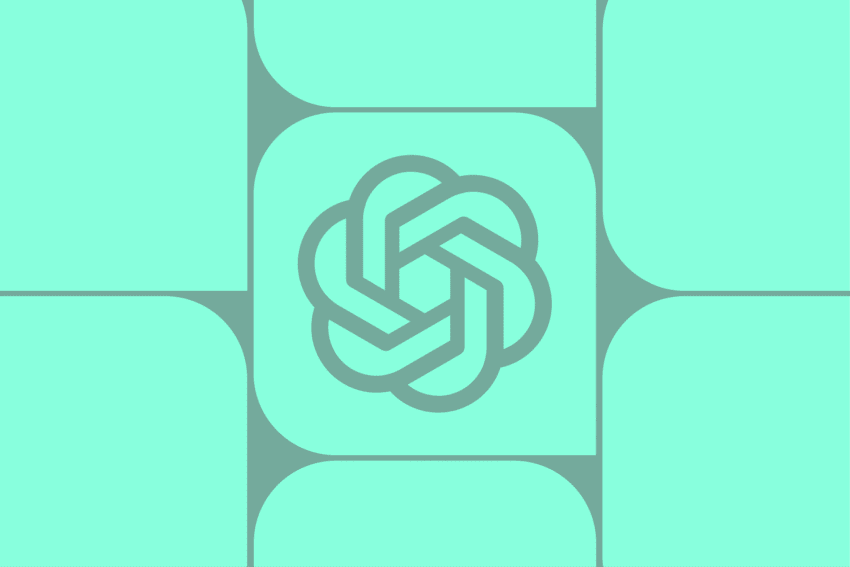
no chatgpt hasn t added a ban OpenAI has clarified that recent rumors regarding ChatGPT’s capabilities to provide legal and medical advice are unfounded, asserting that the chatbot’s functionality remains unchanged.
no chatgpt hasn t added a ban
Clarification from OpenAI
OpenAI, the organization behind ChatGPT, has publicly addressed misinformation circulating on social media that suggested the chatbot would no longer provide legal and health advice. Karan Singhal, OpenAI’s head of health AI, took to X (formerly Twitter) to refute these claims, stating, “ChatGPT has never been a substitute for professional advice, but it will continue to be a great resource to help people understand legal and health information.” This statement was made in response to a now-deleted post from the betting platform Kalshi, which inaccurately claimed, “JUST IN: ChatGPT will no longer provide health or legal advice.”
Understanding the Policy Update
The confusion appears to stem from a policy update that OpenAI rolled out on October 29th. This update introduced a comprehensive list of prohibited uses for ChatGPT, including the provision of tailored advice that requires a license, such as legal or medical advice, without appropriate involvement by a licensed professional. However, Singhal emphasized that this inclusion is not a new change to the existing terms of service.
Previous Policy Context
Prior to this update, OpenAI had maintained a similar stance regarding the limitations of ChatGPT. The previous usage policy explicitly stated that users should refrain from engaging in activities that “may significantly impair the safety, wellbeing, or rights of others.” This included providing tailored legal, medical, or financial advice without the review of a qualified professional and without disclosing the use of AI assistance and its potential limitations. The core message has remained consistent: while ChatGPT can assist in understanding complex topics, it should not be viewed as a replacement for professional expertise.
Implications of the Misinformation
The spread of misinformation regarding ChatGPT’s capabilities raises several important issues. First, it highlights the challenges that organizations like OpenAI face in communicating policy changes and ensuring that users understand the limitations of AI technologies. As AI becomes increasingly integrated into various sectors, the potential for misunderstanding and misinterpretation grows.
Impact on Users
For users, the implications of this misinformation can be significant. Individuals seeking legal or medical advice may mistakenly believe that ChatGPT is no longer a viable resource for preliminary information. This could lead to a reliance on less reliable sources or a delay in seeking professional help. It is crucial for users to understand that while ChatGPT can provide general information and guidance, it should not be the sole source for critical decisions in these fields.
Stakeholder Reactions
Reactions from stakeholders in both the legal and medical fields have been varied. Some professionals have expressed concern over the potential misuse of AI tools like ChatGPT in their respective domains. Legal experts have pointed out that while AI can assist in legal research and provide general information, it cannot replace the nuanced understanding and judgment that a licensed attorney offers. Similarly, healthcare professionals have emphasized the importance of human oversight in medical advice, as AI lacks the ability to understand the full context of a patient’s situation.
OpenAI’s Unified Policy Approach
As part of the recent update, OpenAI has transitioned from having three separate policies—universal, ChatGPT-specific, and API usage—to a unified set of rules. This change aims to streamline the understanding of usage guidelines across all OpenAI products and services. The changelog indicates that the new policies reflect a universal set of standards, but the core rules regarding legal and medical advice remain unchanged.
Importance of Clear Communication
Clear communication is essential in the realm of AI, particularly as it relates to sensitive areas such as health and law. OpenAI’s efforts to clarify its policies are a step in the right direction, but ongoing education for users is necessary. The organization must continue to engage with its user base to ensure that they understand the capabilities and limitations of ChatGPT.
Future Developments
As AI technologies evolve, so too will the policies governing their use. OpenAI has indicated that it is committed to refining its policies based on user feedback and the changing landscape of AI applications. This adaptability will be crucial as new challenges and opportunities arise in the field.
Conclusion
The recent rumors regarding ChatGPT’s ability to provide legal and medical advice have been firmly debunked by OpenAI. The organization has reiterated that while ChatGPT can serve as a valuable resource for understanding complex topics, it is not a substitute for professional advice. As AI continues to play a more prominent role in various sectors, it is imperative for users to remain informed about the capabilities and limitations of these technologies. OpenAI’s commitment to clear communication and policy transparency will be essential in navigating the future of AI.
Source: Original report
Was this helpful?
Last Modified: November 4, 2025 at 3:36 pm
2 views














